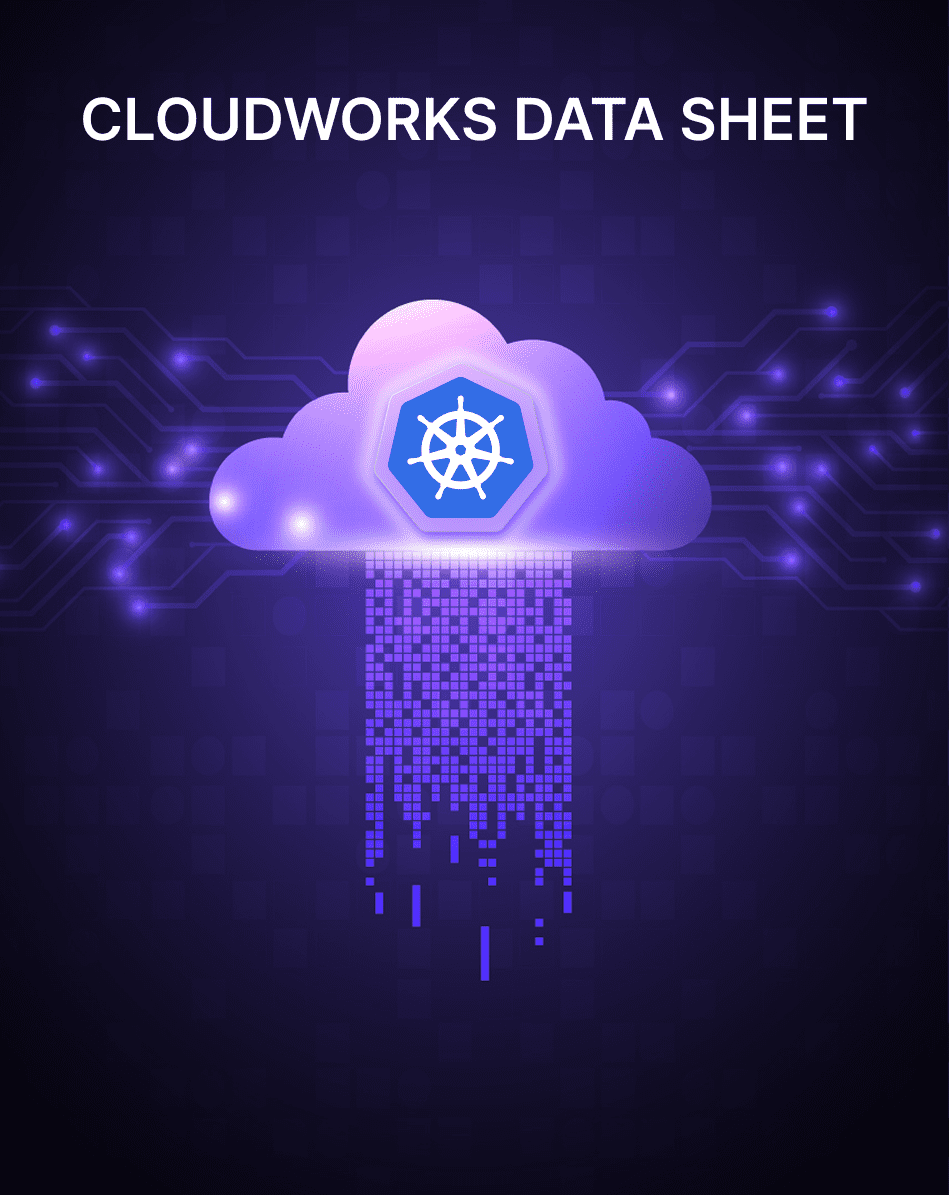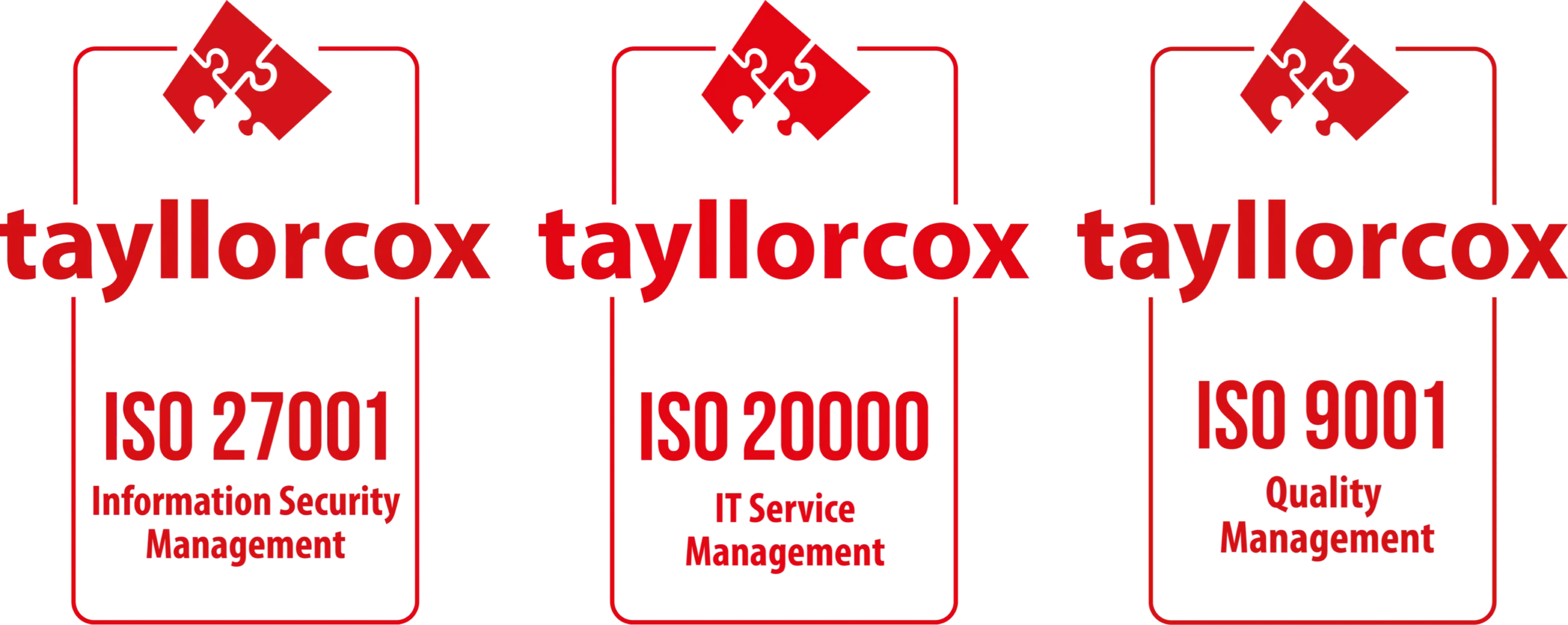As businesses look to migrate to the cloud, the popularity and growth of cloud services have become increasingly evident.
Almost 81% of enterprises rely on the cloud. Additionally, the global health crisis has considerably increased the rate of cloud use. A recent Flexera poll found that 27% of leaders indicated that Covid-19 has significantly increased cloud spending.
But even though the benefits are numerous, it still has its flaws.
Failures can occur for many reasons, including poor management and service outages.
According to Gartner, through 2023, at least 99% of cloud security failures will be the customer’s fault, mainly in cloud resource misconfiguration.
However, businesses today demand total control over their data, especially when moving data to cloud services outside the firewall.
To help businesses mitigate cloud adoption risk, architects now have another option – Managed private cloud solutions.
An Overview of Managed Private Cloud Solution
A managed private cloud is a service that finds the middle ground between affordability and data privacy. It’s provided by a Managed Services Provider (MSP) within a high-quality data center.
The MSP handles most administrative and management tasks. Businesses can lease dedicated servers, storage, and vital infrastructure under a single-tenant model.
This setup offers security and customization without the full expense and effort of running an in-house private cloud.
Here are some of the benefits of managed private cloud services:
- Privacy and Security: Dedicated resources provide enhanced data privacy and security.
- Customization: Tailor infrastructure components to specific needs.
- Scalability: Flexibly scale resources based on demand.
- Cost-Efficiency: Save on upfront costs and operational expenses.
- Expert Management: The provider handles administrative tasks and management.
- Hybrid Integration: Seamlessly integrate with public clouds for hybrid solutions.
- Predictable Performance: Consistent and reliable application performance.
Understanding Cloud Control and Flexibility: What It Means
Cloud control and flexibility are two of the biggest benefits of using the cloud.
But what do they mean to you?
Cloud control gives you control over where your data is stored and processed. Cloud control lets you move your data between different providers without changing your applications or processes.
Flexibility in the cloud means you don’t need to worry about scaling up or down as needed. If your application’s demand increases, you can add more resources to meet that demand.
You can remove those resources from your account when demand drops off again.
Benefits of Gaining Flexibility in the Managed Private Cloud Solution
The benefits of gaining flexibility in a managed private cloud solution are many.
Adapting resources in real-time, as needed, is one of the most valuable advantages of a managed private cloud solution.
Cost-Effective Resource Allocation
Flexible resource allocation is one of the most important benefits of a managed private cloud. Scaling up or down your infrastructure monitoring, as needed, enables you to optimize your costs.
You can use this approach to allocate resources in your environment based on business needs rather than based on fixed costs associated with systems maintenance, hardware upgrades and software licensing.
Responsive Vendor Collaboration
Another benefit of adding flexibility to your managed private cloud is that it makes it easier for you to collaborate with vendors.
You can also gain greater control over how much you pay for certain services and products by negotiating prices directly with vendors rather than through fixed contracts.
Efficient Resource Adaptation
The ability to adapt your infrastructure on demand is one of the major benefits of a managed private cloud solution.
This flexibility allows IT to quickly meet business needs without investing valuable resources in manual processes or hiring more personnel.
By using automation tools, you can also save money by eliminating manual labour from your environment.
Agile Workload Management
Having flexibility and control in managed private clouds helps to automate workload management based on business needs.
For example, if the business needs more capacity for an application, it can be added quickly and easily without needing to purchase new equipment or hire additional staff.
Tailored Performance Optimization
A flexible, managed private cloud is a virtualized environment that offers performance optimization for the workloads it hosts.
The environment is designed to meet the performance requirements of each application and can be tailored to meet specific needs.
Controlled Scalability
Managed private cloud solutions also make it easier to scale up as your business expands. You don’t have to worry about purchasing new hardware or handling the related expenses that go along with it.
Instead, you can add more resources when needed without waiting for weeks or months for an IT team to do so.
Reliable Disaster Recovery
When your company relies on a cloud-based solution, it’s crucial to have a strategy for disaster recovery.
With controllable managed private cloud solutions, you can easily achieve this by using data backup tools and other methods that help you recover your data quickly after an incident.
Business-Driven Capacity Planning
Having complete control and flexibility allows enterprises to create virtual machines based on business needs rather than technical needs.
This enables organizations to scale up or down their IT infrastructure in response to changing needs throughout the year.
For example, during peak demand periods like holidays or sales events, businesses can increase their IT footprint without worrying about overspending on unused capacity at other times of the year.
Steps To Maintain Control and Flexibility with Managed Private Cloud Solution
The private cloud is a powerful tool to help you manage costs, resources and security. It can also provide a more flexible environment so physical constraints don’t limit your business.
But it can be challenging to make the most of these benefits. Understanding how to use a private cloud effectively and efficiently and maintain control over the system takes time and effort.
Here are ten steps you can take to maintain control and flexibility with a managed private cloud solution:
Resource Monitoring
Private cloud resources should be monitored continuously to ensure performance levels remain consistent.
This includes monitoring network bandwidth and storage space for each virtual machine (VM). You should also monitor CPU usage, memory usage and disk I/O rates for VMs, ensuring they don’t exceed predefined limits.
Scalability Planning
The managed private cloud solution can help you to scale your business by increasing efficiency and reducing costs.
Scalability planning is crucial in any managed private cloud solution, as it helps you plan for your organization’s future requirements.
Scalability planning helps you determine the right infrastructure that can support an increased workload or many users. This will also help you identify whether there are any issues with the existing infrastructure.
Security Configuration
Security configuration is another important step in maintaining a managed private cloud solution. The security configuration helps secure your data and applications from unauthorized access or theft.
A managed private cloud solution should have multiple layers of security, which include encryption, authentication, authorization, intrusion detection/prevention systems (IDS/IPS), firewalls and so on.
All these layers should be implemented by experienced professionals who understand risk management processes and apply them effectively to protect sensitive data from being exposed or stolen by hackers or other unauthorized entities.
Access Management
As part of configuring security in your managed private cloud solution, you must decide who has access to what resources and what permissions they have on those resources.
For example, if someone needs access to a web server but not necessarily any data stored on it, they can be given read-only access to view files but not change or move them around.
Backup and Recovery
It would help if you had a backup strategy in place so that you’re not left scrambling when disaster strikes. If your data is not backed up, it will be impossible for you to recover in the event of theft or loss.
It’s also important to ensure your backups are secure and accessible only by authorized personnel.
This ensures that no one else can access your sensitive information, such as customer information, financial records and employee data.
Performance Tuning
To ensure that your workloads perform optimally, it’s important to have your applications tuned for performance. If your applications are poorly tuned, they could be causing bottlenecks within your infrastructure and affecting other applications on the same server.
You’ll also want to ensure that all of your applications use the correct application tier to optimize performance.
Compliance Auditing
Managed private cloud providers help with compliance audits by providing auditors with a single entry point.
This means auditors can easily view your systems from one location rather than searching through multiple systems to find any potential security holes or compliance issues with your environment.
Vendor Communication
Another important aspect of controlling a privately managed cloud environment is keeping communication lines open with your vendor.
This means ensuring they have all the information they need to support your organization’s needs and be informed about any changes within your organization or the industry sector.
Unlocking Better Managed Cloud Services: Experience Efficiency with Taikun
When it comes to managed cloud services, your choice is like a compass for your main business goals and how smoothly things run. Finding the balance between staying in control and making things simple is a must.
Look for a solution that matches your budget and what you want to achieve in your business. This way, you can handle your IT stuff well and focus on your main aims.
In cloud options, talking to experts helps you understand things better. That’s where Taikun comes in – it’s like an all-in-one cloud manager. It helps with automatic setups, eyeing for problems, and ensuring everyone works together well.
Taikun isn’t just about managing stuff – it also helps save money and makes things less complicated, which is great for getting more done. Picking a managed cloud service, like Taikun, isn’t just about tech stuff – it shapes how you compete and reach your big goals. You can try our platform today for free or talk to one of our consultants to see a live demo.




